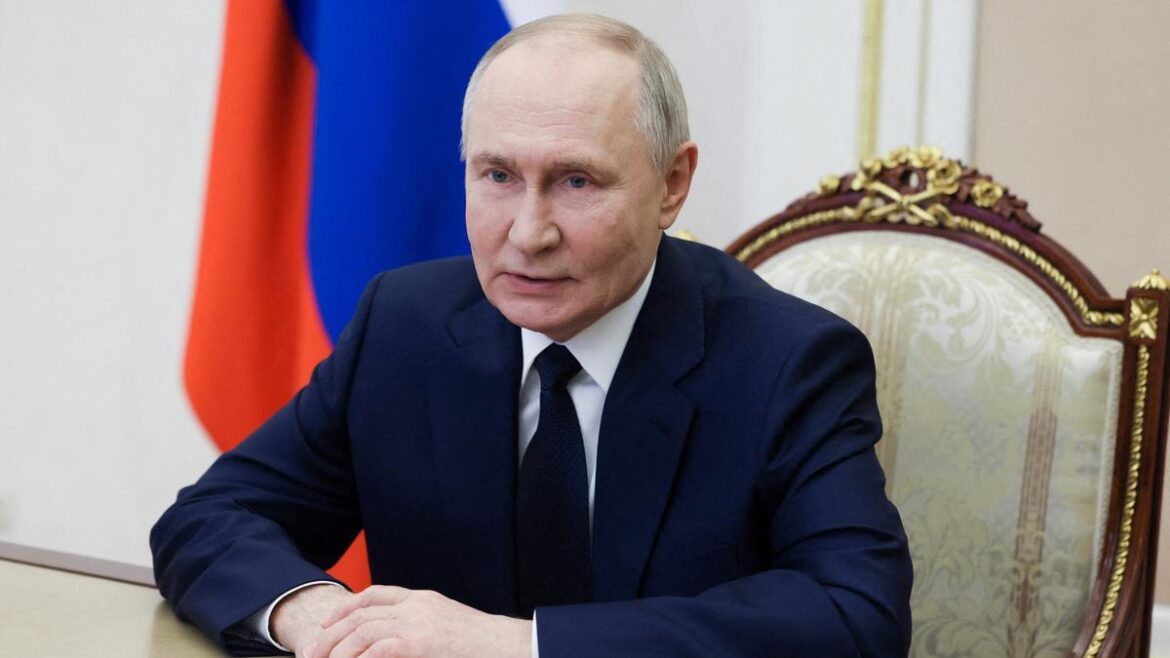Global tensions are rising as Britain and France directly accuse Russian President Vladimir Putin of deliberately delaying ceasefire negotiations, intensifying diplomatic pressure by insisting that he owes the United States an immediate response.
In a dramatic escalation, the two European powers claim that Russia has effectively dismissed a U.S.-led initiative calling for a full and immediate 30-day halt in hostilities. On March 31, a Kremlin official stated that Moscow perceives the effort to end the three-year-long war with Ukraine as “a drawn-out process,” raising concerns about the prolonged suffering of civilians and ongoing instability in the region.
British Foreign Secretary David Lammy and French Foreign Minister Jean-Noel Barrot addressed the media at NATO headquarters, underscoring their united stance against Moscow’s tactics. “Putin continues to obfuscate and drag his feet while Ukraine endures relentless bombardment,” Lammy declared. “He is targeting civilians and critical energy infrastructure. The world sees what Vladimir Putin is doing.”
Barrot emphasized that Ukraine had already agreed to ceasefire terms weeks ago, shifting the burden onto Russia to provide a definitive response. “Russia owes the United States an answer,” he asserted. “It has been flip-flopping, prolonging military aggression, and committing war crimes. The response cannot be ambiguous, it has to be ‘yes’ or ‘no,’ and it has to be quick.”
Despite ongoing diplomatic efforts, Russia has shown no signs of backing down. On March 31, Putin ordered a military call-up of 160,000 conscripts for a one-year compulsory service tour, a move that further signals Moscow’s intention to sustain its military operations.
Britain and France continue to spearhead the “coalition of the willing,” an international initiative dedicated to establishing a security force to oversee any future peace agreement in Ukraine. The two nations reaffirmed their commitment to strengthening Ukraine’s defense capabilities, particularly in light of NATO’s decision to remove the prospect of Ukrainian membership from immediate consideration.
As tensions escalate, military leaders from the coalition are meeting in Kyiv, with Defense Ministers set to convene at NATO headquarters on April 10 to discuss next steps. The world watches closely as diplomatic negotiations and military maneuvers unfold, shaping the future of the conflict in Ukraine.


